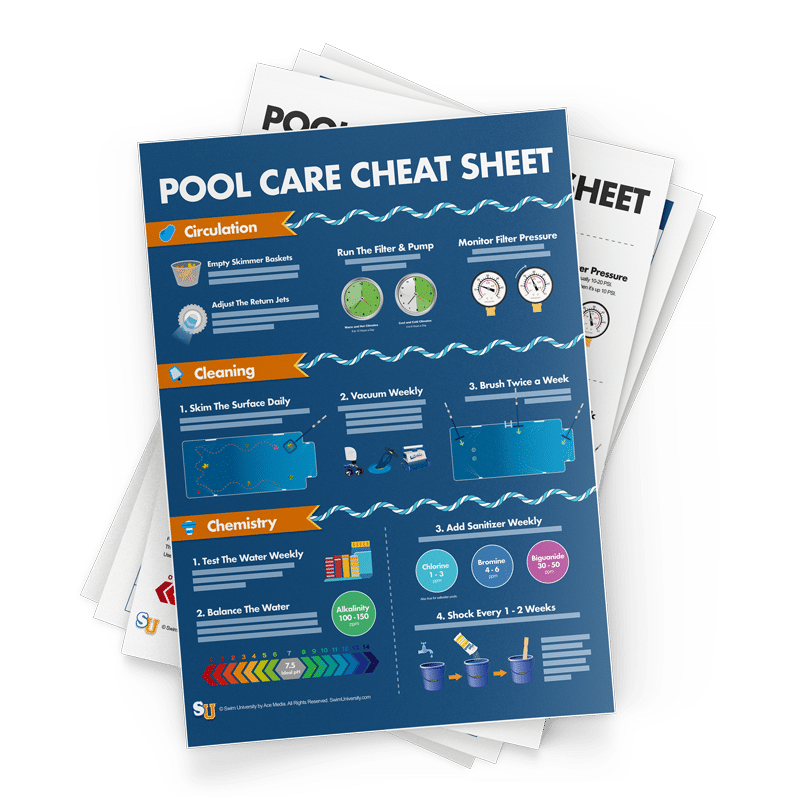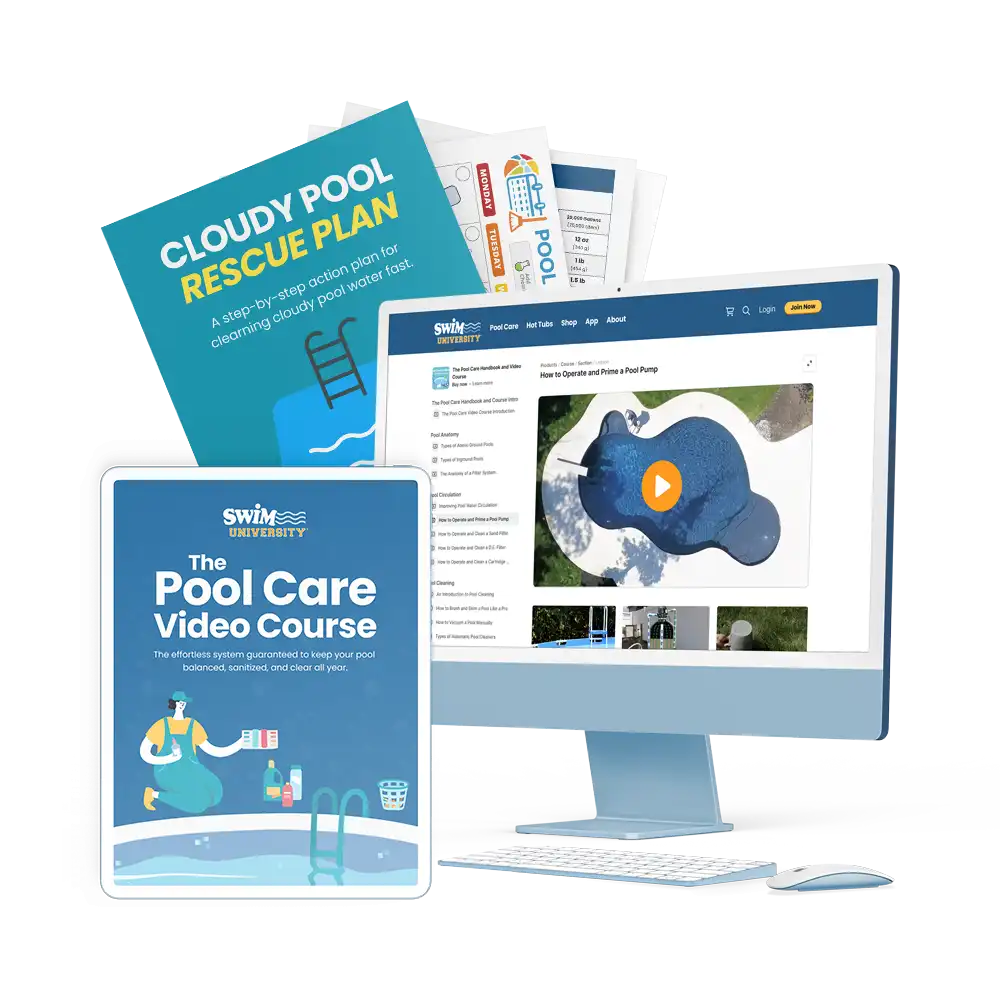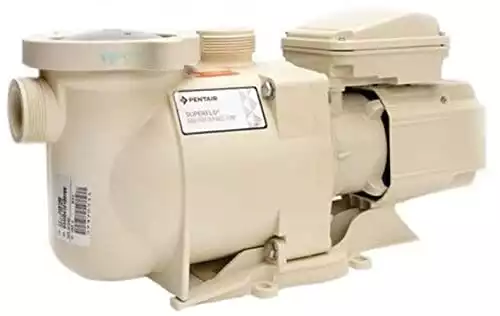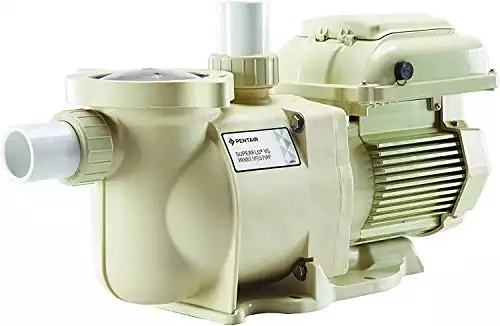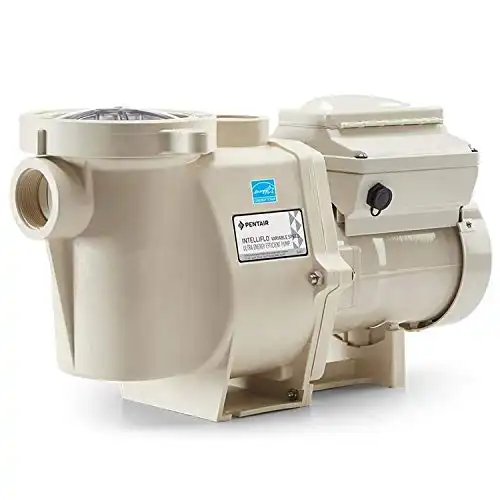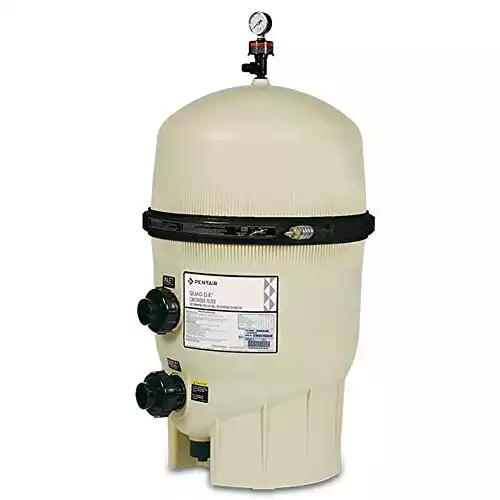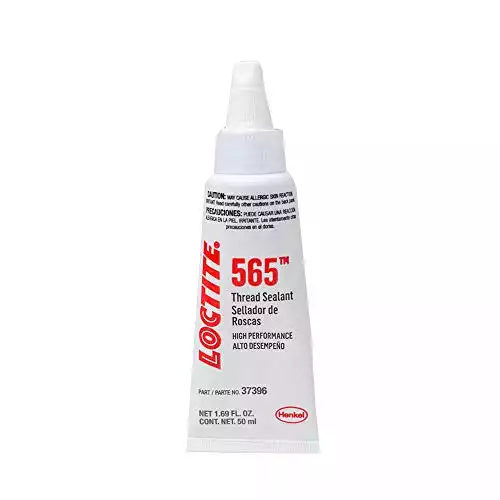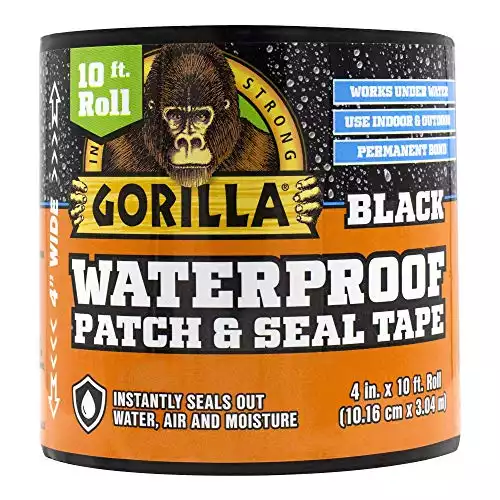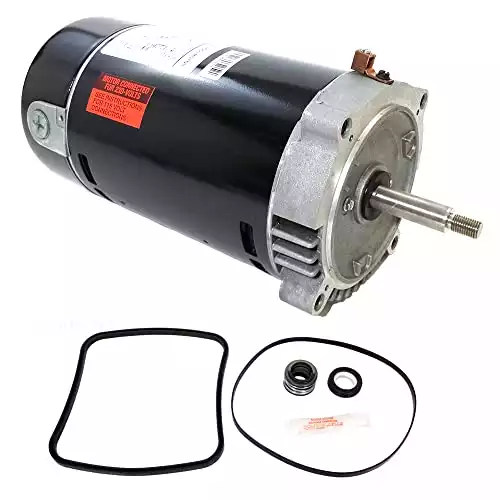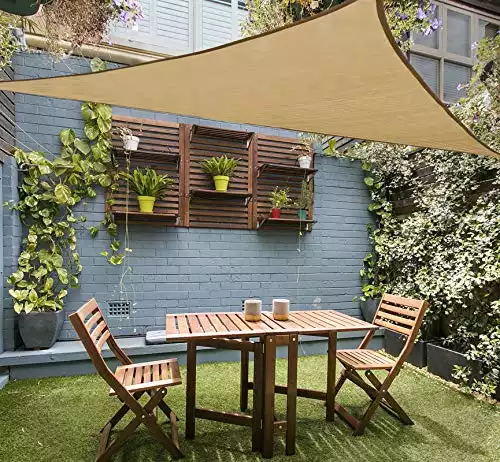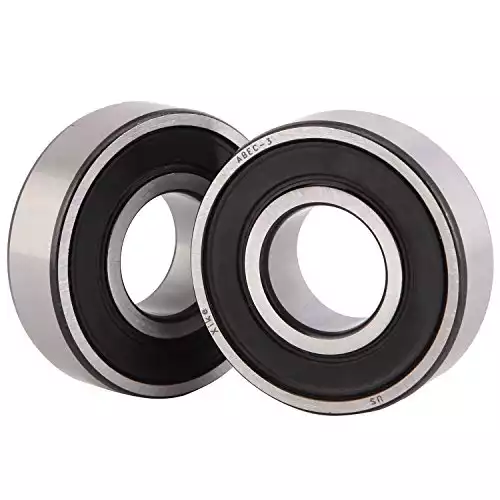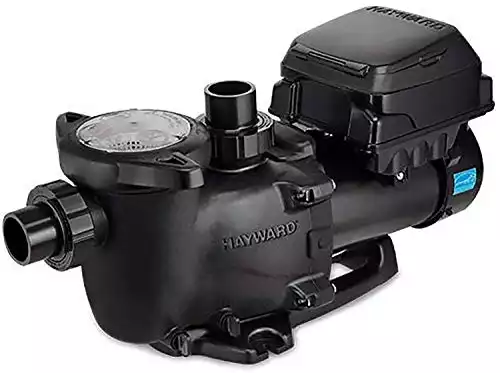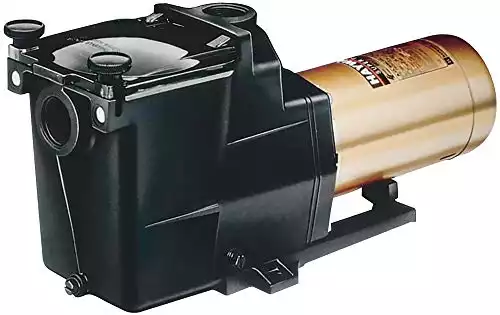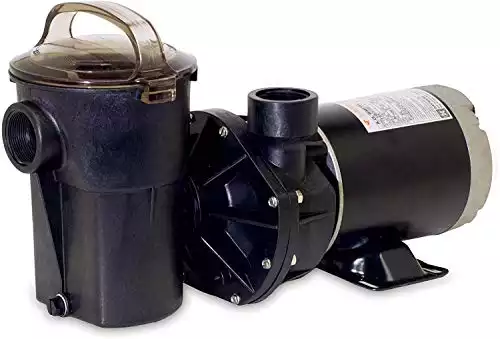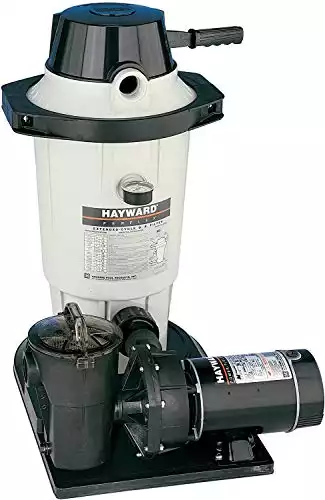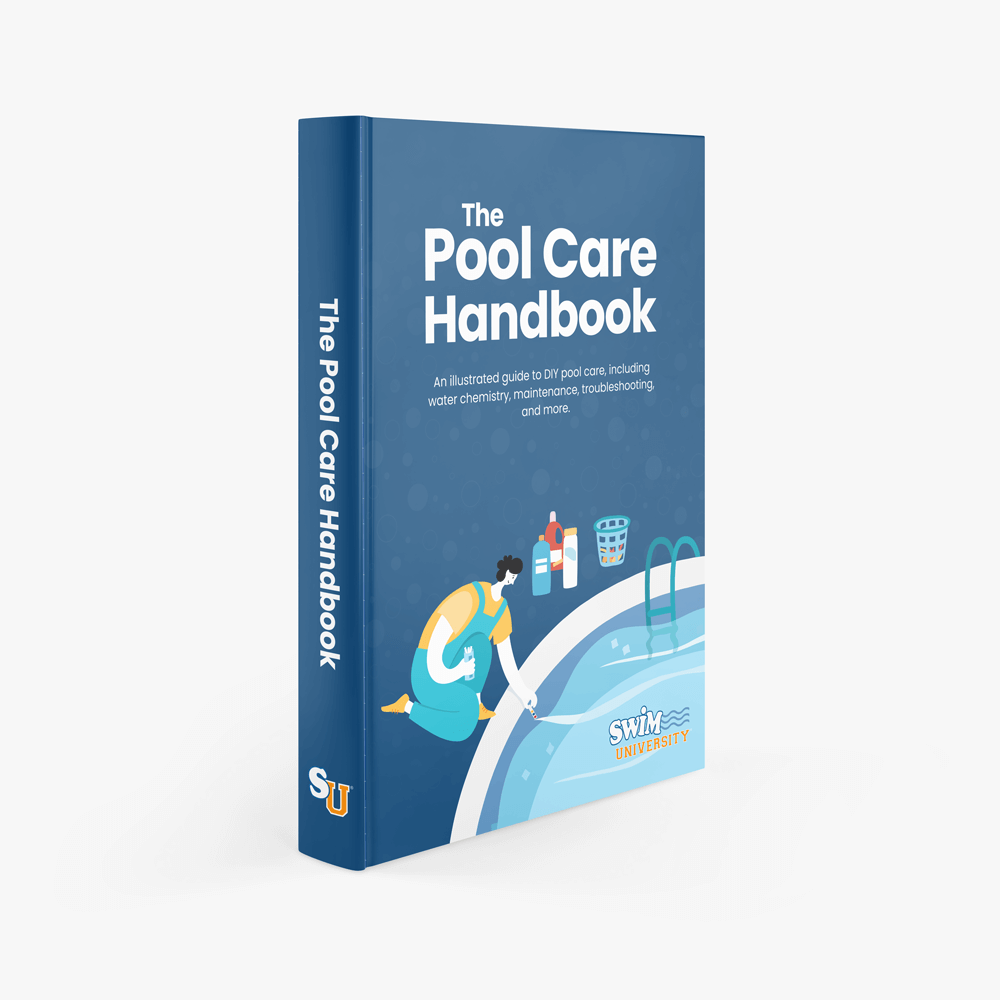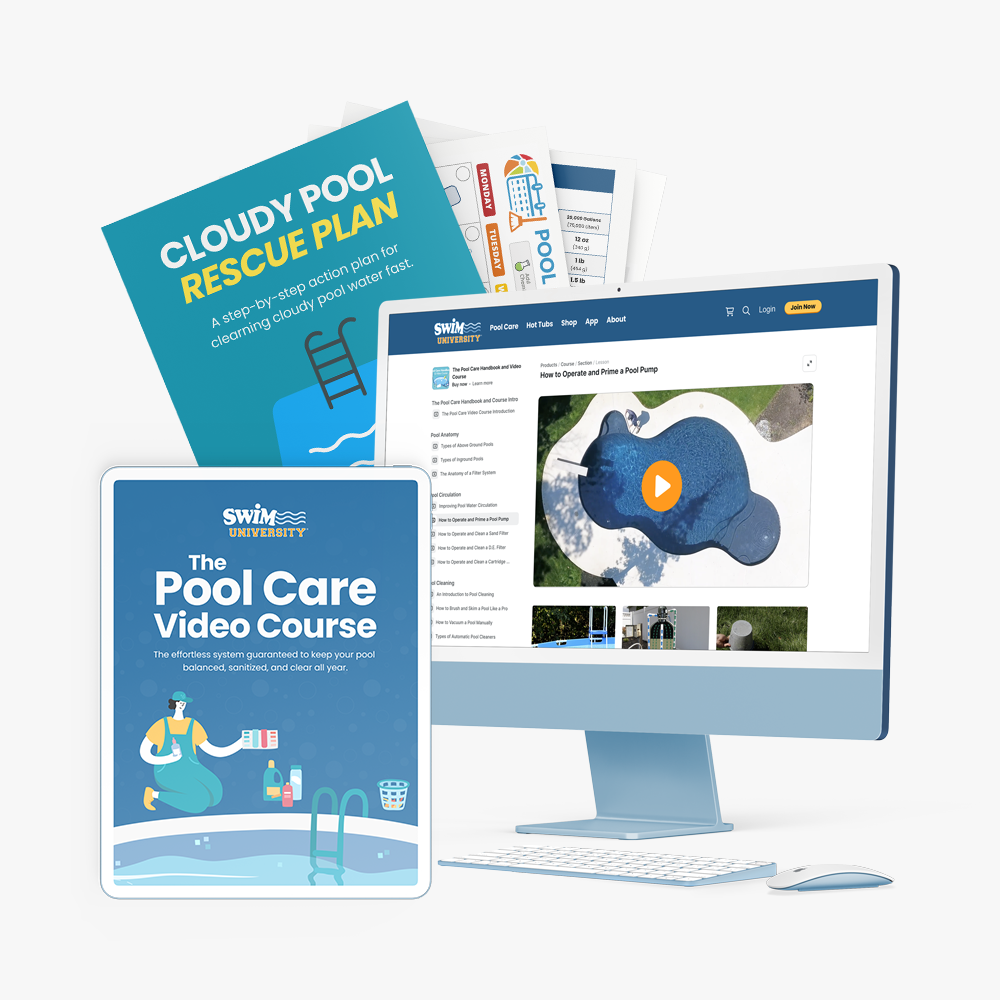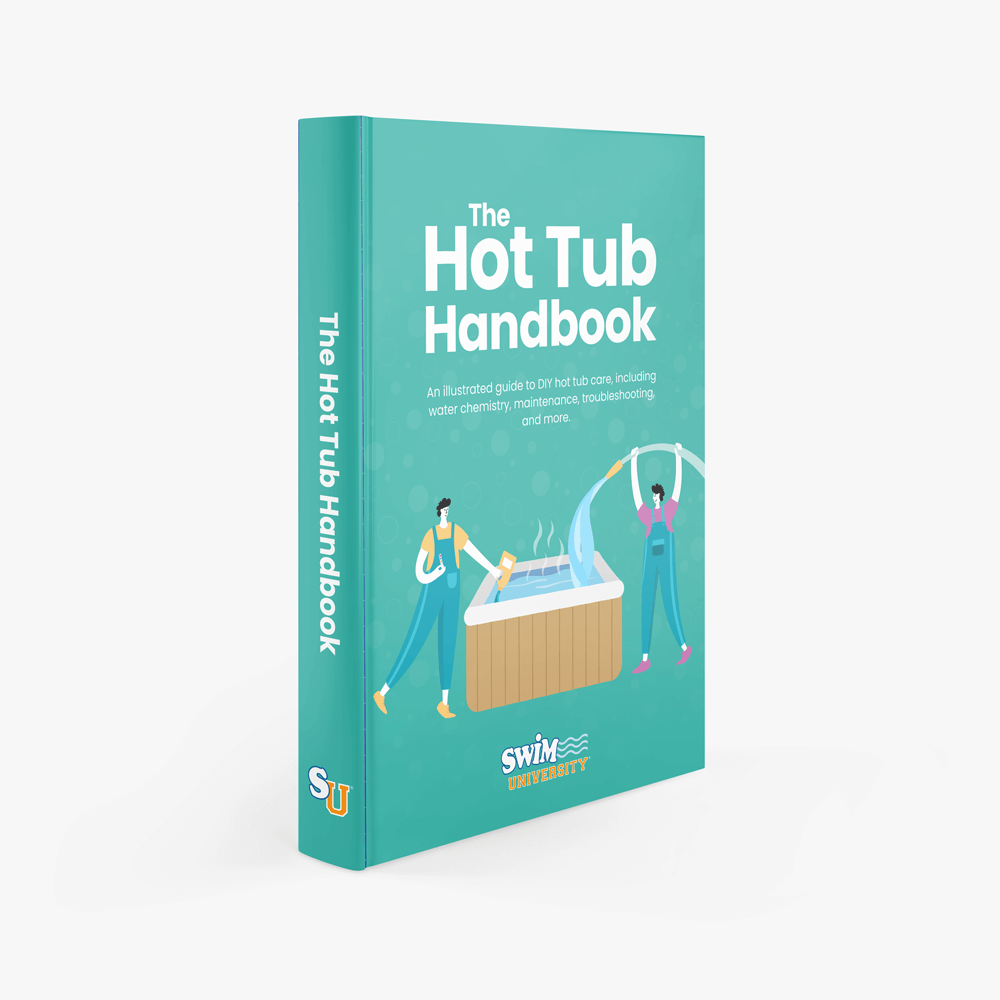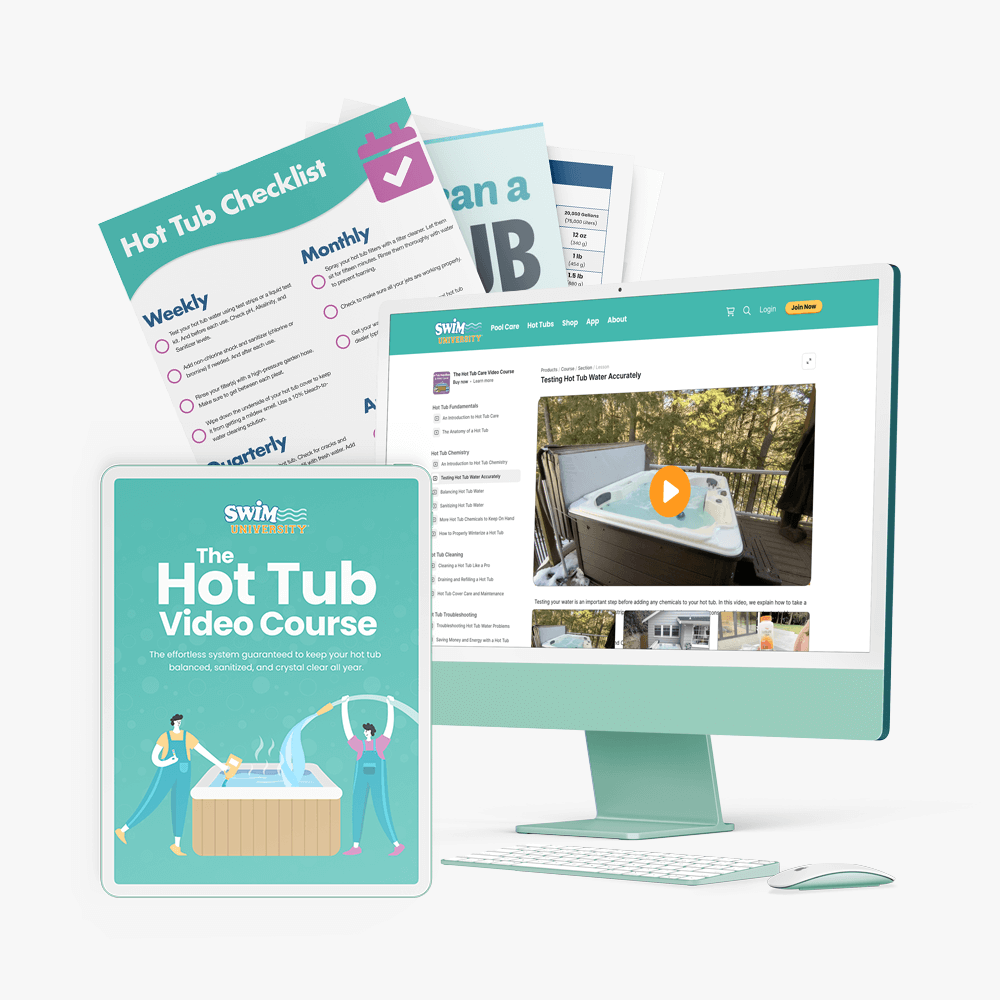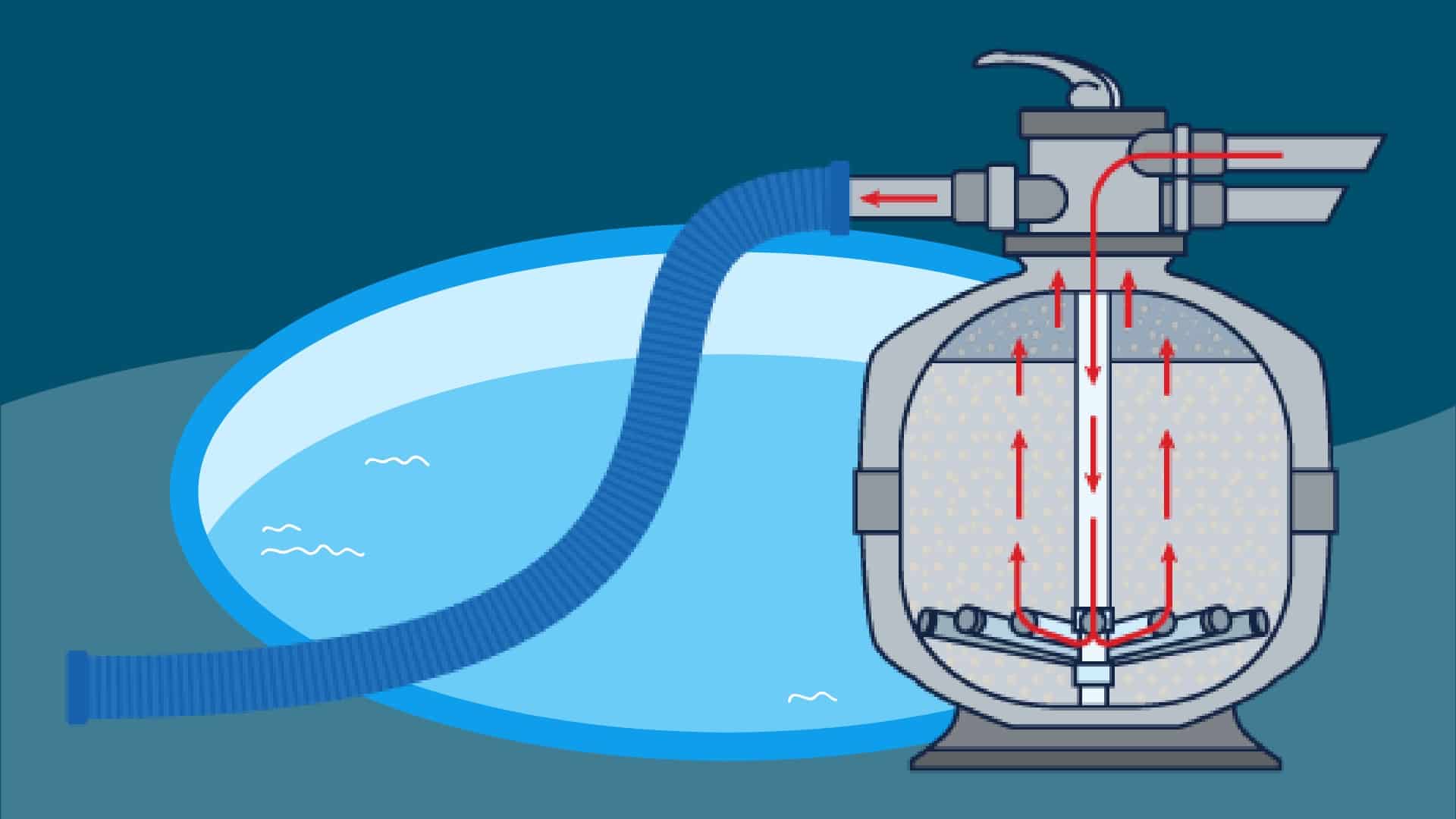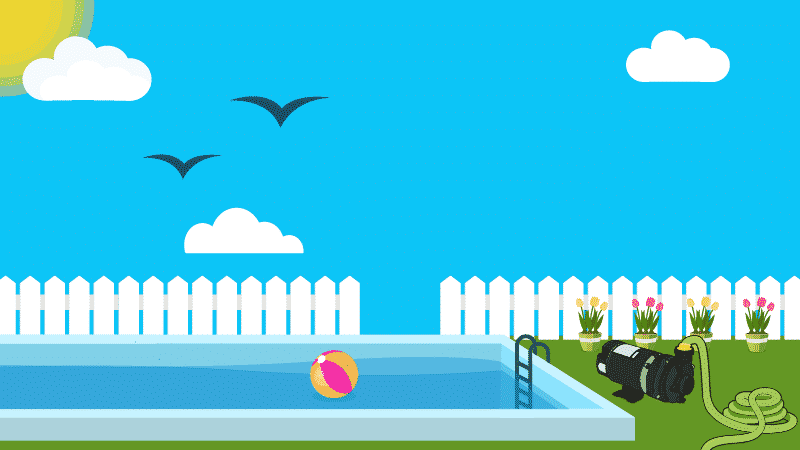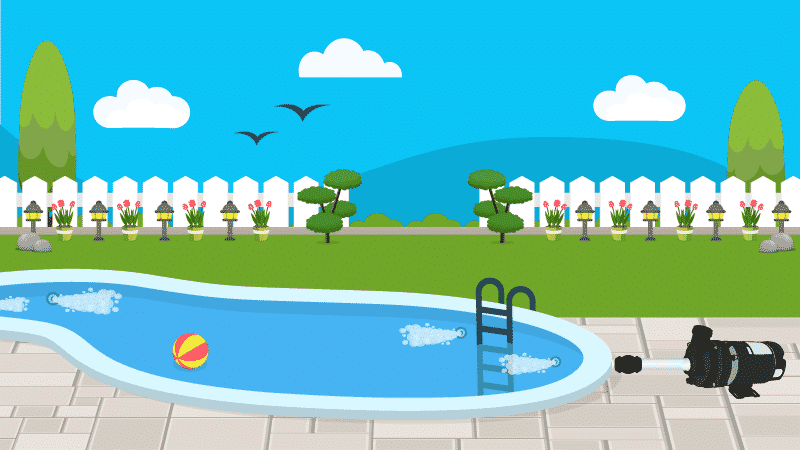How to Select the Best Pool Pump in 2024
Picture this: You wake up to a loud sound coming from your back yard. It’s a piercing noise that hurts your ears, like nails on a chalkboard times ten. You run outside and find the noise is coming from your pool pump, and it stops when you turn the pump off. But that relief is only temporary because now you know you’re going to be shopping for a new pump in the morning.
Whether this is familiar, or your pump just suddenly died, or you need a new pump for a new pool, you want to choose the best one for your pool and your budget. And remember, you’re making a long-term investment in your pool’s health. The key is knowing what your pool needs, and what features to look for. And while you’re at it, don’t forget to brush up on some pool pump troubleshooting for those inevitable problems that will crop up.
Stop wasting time and money with confusing water chemistry and maintenance. Our effortless system guarantees to keep your pool balanced, sanitized, and crystal clear all year. Works for all pools including saltwater.
What Does a Pool Pump Do?
It’s the heart of your pool’s plumbing system. Without it, you won’t have any pool circulation, and water won’t flow through your filtration system to be properly cleaned. And that means, a dirty, nasty pool full of stagnant water. Basically a cement pond, but one you don’t really want to swim in.
Pool Pump Anatomy
Before you start looking for a new pump, it’ll be helpful to understand how it works. A pool pump comprises three main components: the housing, the impeller, and the motor.
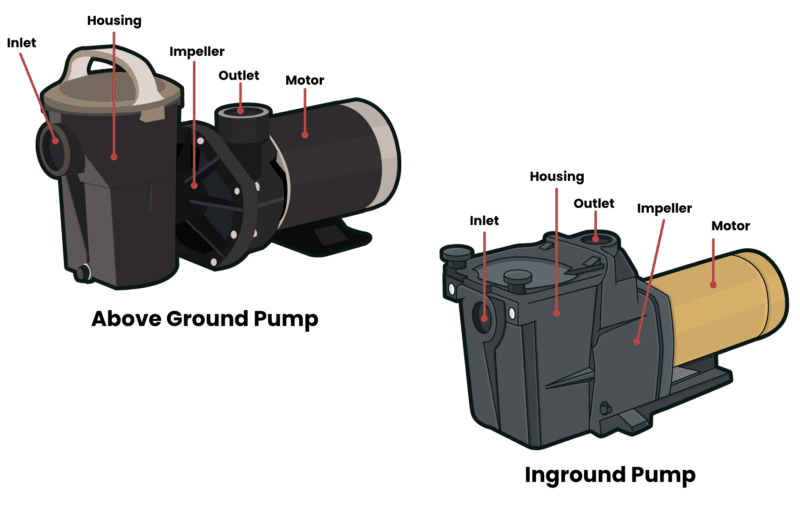
The housing consists of a bucket and basket with a clear lid on top. Pool water is sucked into this bucket, through the basket, and up to the filter.
The impeller is a fast-spinning, inverted blade that sucks the water in and pushes it through to the filter.
The motor is attached to the back of the pump housing, and its sole purpose is to spin the impeller. You’ll sometimes hear it referred to as the pump and motor, or just the pump.
Pool Pump Types
Since they were first invented, pool pumps have come a long way, and have evolved from just one to three types on the market.
Single-Speed Pumps
The original of the three, the single-speed refers to the fact that the motor spins the impeller at only one speed according to the horsepower of the motor.
If you are replacing a single-speed pool pump, we recommend you upgrade to at least a dual-speed or better. They’re more efficient, and they turn the pool water over more quickly.
But there’s something else to be aware of. Some states, such as Arizona and California, prohibit the installation of new single-speed pool pumps.
Check with your state before you buy a new pool pump.
SuperFlo pumps feature thick-walled body parts, a heavy-duty 56-square flange motor, and highly engineered hydraulics. SuperFlo pumps' silent running capability and small footprint allow it to easily drop into a compact equipment pad.
Dual-Speed Pumps
As the name implies, these pumps have two speeds: low and high. The high speed equates to that of a single-speed pump. The lower speed uses less energy, but may not be as efficient at water turnover. This will depend on your pool’s volume.
Variable-Speed Pumps
Yes, these pumps are more expensive than single- or dual-speed pumps, and rightfully so. This where that long-term investment in your pool comes in.
Instead of an induction motor like the other types have, a variable speed pool pump uses a permanent magnet motor, the kind used in electric cars. A magnet motor creates less friction than an induction motor. Less motor friction equals higher efficiency.
Variable-speed pumps also consume less power and turn the water over more quickly. They also run at lower revolutions per minute (RPM) than single- and dual-speed pumps, so they’re quieter. You may even get a utility rebate when you buy one.
This pool pump has a really simple digital control panel with 3 programmable speeds. And it's extremely quiet thanks to the enclosed fan-cooled (TEFC) motor.
Pool Pump Features to Look For
You may know which type you want, but before you make the final decision, be sure you’re choosing a pool pump with the right features for your setup.
Inground or Above Ground
You can find pumps for both above ground and inground pools. While they’re usually interchangeable, it’s best to get a pool pump designed for your type of swimming pool.
Horsepower
The more powerful your pool pump is—meaning, the more horsepower it has—the faster it will turn the water over, so you can run it less often and for shorter periods of time.
But this also depends on the size of your filter and the filtration system’s pipes. A pump with too much horsepower can overwhelm a small filter. But if your system uses three-inch pipes, you can install a three-horsepower pump, which will work more quickly.
But three horsepower can be too much if you have a small pool, which will just waste energy and cost more money. Be sure to choose a pump that won’t overwhelm the filtration system, but still has enough horsepower to turn over your pool’s volume at an adequate rate.
For bigger inground pools needing a 3 horsepower motor. Built-in control panel with 8 programmable speed settings and a timer. Best for pool owners looking to save money on their energy bills.
Pump Housing Mount
You have two options here: top mount or side mount. This indicates where the pool pump’s output—which leads into the filter—is located.
If your filter’s intake is positioned above the pump, you need a top mount. If the filter intake is located next to the pump, you need a side mount.
Be sure you check your filter’s intake position before you buy a pool pump to make sure the housing mount is in the correct place.
With four large capacity cartridges, this filter provides maximum filter surface area for greater dirt-trapping capacity and longer periods between cleanings. And its easily removable cartridge elements make maintenance fast and easy.
Pump Motor Voltage
Your pool pump can either be hardwired into your electrical system or it may require an outlet to plug into. Know what you’re getting into before buying your pump.
You’ll also need to determine whether the pump runs on 110 volts or 220 volts. Most above ground pools require a 110-volt pump. But you’ll need to determine what voltage you’re working with if you have an inground pool.
How to Choose the Right Size Pool Pump
To remain clean and clear, all the water in your pool must be completely filtered at least once a day. This is called the turnover rate. Your pump must be large enough to turn over your pool’s full volume at least once per day.
To calculate your pump’s turnover rate, you’ll first need to calculate your pool’s volume. If you’re not sure how to do this, use our pool calculator to figure it out:
 Rectangle
Rectangle
 Round
Round
Once you have your pool’s volume, divide it by eight to determine the number of gallons per hour (GPH) that need to be pumped through the filter.
But instead of GPH, most pool pumps go by gallons per minute. To get that figure, divide the GPH by 60 to calculate how many gallons per minute (GPM) need to be pumped for full turnover.
So your formulae will be:
Total Pool Volume ÷ 8 = GPH
GPH ÷ 60 = GPM
It won’t be as accurate as using a calculator or doing the math, but you can also get an idea of your pool’s volume here:
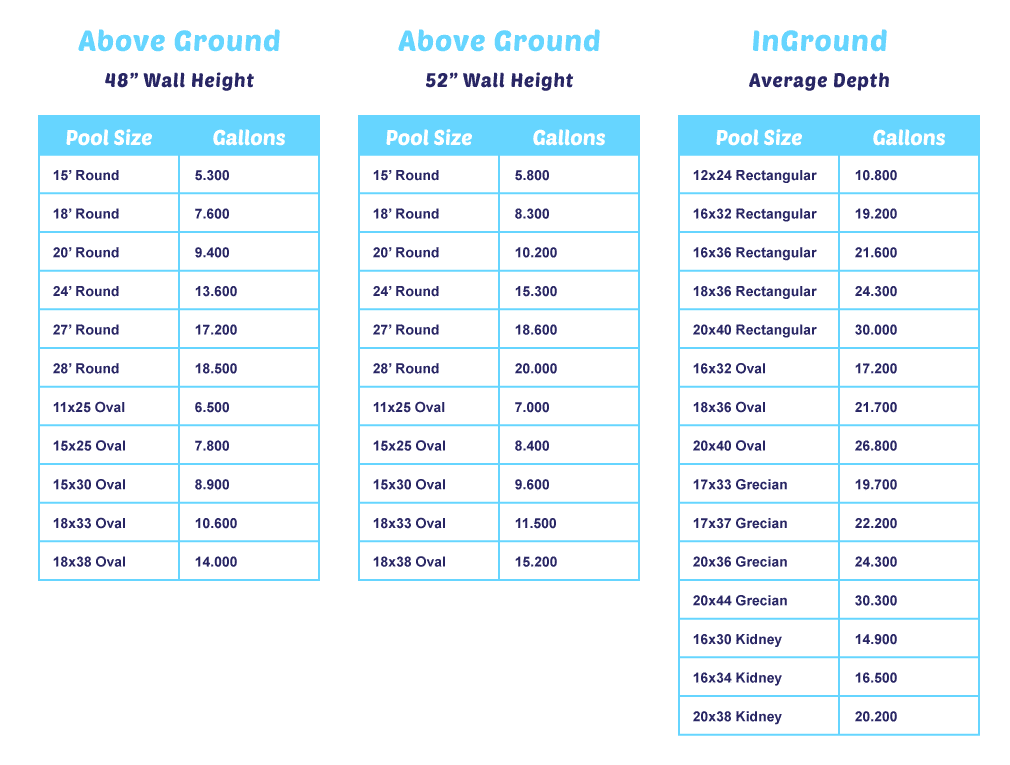
Once you have all the numbers, you can find the size of pump that will accommodate the GPM required for your pool and turn over the pool’s water in one eight-hour period. If you have to choose one that pumps a little more than necessary, that won’t cause any problems. Just don’t go below the required GPM, and you’ll be fine.
Pool Pump Troubleshooting
It’d be great if your pump just ran forever and never encountered any problems, right? Heck, it’d be great if everything worked that way.
But the time will come when your pump acts up, and you’ll need to fix it. Knowing some of the most common pump problems will help you deal with them when they occur.
The Pump Is Leaking
The most common causes for pool pump leaks include a bad impeller housing O-ring, bad shaft seal, bad thread sealant, and shrunken threads on the discharge pipe.
In most cases, these parts can be purchased and replaced rather easily at a fraction of the cost of calling a pro. Determine which part is leaking, take the system apart, replace it, and you will be back up and running in no time.
The Pump Fails to Pull Water
When water isn’t being pulled in to the pump, it can’t reach the filter and pass through the system properly. The first thing to look for is a clog in the system.
First, check the skimmer and the pump baskets to make sure they’re not clogged. Next, check the impeller for debris impeding its movement. Open up the pump and clear away any debris.
Another potential cause can be an air leak in the suction line. Since air has less mass than water, the pump will suck in air instead of water. Check the lines for leaks and patch up any you find.
The Motor Won’t Start
The first thing to check is the breaker to make sure it hasn’t been tripped. If the breaker is on, but the pump still won’t turn on, there’s likely an electrical problem, and you may have to replace the motor.
Note: If you’re not comfortable working with electrical systems, this may be an instance where calling in a pro is the best choice.
The Motor Spontaneously Turns Off
If this happens, the motor is most likely overheated. Check the pump’s air vents to make sure nothing is obstructing air flow. If it continues to happen, you may want to install something to shade the pump, if possible.
If the problem persists, it could be an electrical issue, and you may want to call in a pro, unless you’re an electrician.
95% UV-resistant high-density 100% new HDPE (polyethylene) sun shade fabric, durable stainless steel D-rings at each corner to reduce installtion difficulty.
The Pump Motor is Making Noise
All pump motors will make some noise. But if your pump is making a racket that sounds different from when it’s running normally, you could have a problem.
If it’s just vibration, placing the pump on a rubber pad may do the trick. But if it’s a low, growling sound, the problem could be cavitation, which means the pump isn’t getting enough water, and is taking in air.
First, prime the pool pump.
If priming the pump doesn’t stop the noise, check the intake lines for clogs, and make sure none of the lines are leaking. Once those things are fixed, the pump should quiet down.
If the pump is making a screaming noise, it’s likely the bearings have gone bad. Or it’s being terrorized by the neighborhood’s feral cats. But it’s probably the bearings. If so, you’ll need to replace them.
While the parts are inexpensive, this fix will require quite a bit of labor as the motor will have to be shut off, disconnected, and disassembled. So have your tools ready for this one.
Don’t Hesitate to Call a Pro
If you can repair it, you have the tools you need to do it properly, and you’re comfortable taking apart a pump motor or working with an electrical system, by all means do it. The DIY approach can save you money, plus you get the satisfaction of fixing something yourself.
But if you don’t have the necessary knowledge or skill, or you’re uncomfortable tackling a repair on your own, by all means, call in a professional.
After all, this is the heart of your pool’s plumbing system. If you aren’t confident in your ability, you could actually do more harm than good. Call in a pool pro to take care of the repair the right way the first time.
And hey, you can watch what they do so you might be able to take care of the problem on your own next time.
Best Inground Pool Pumps
Now you can apply all your newfound knowledge to choose the best pool pump for your pool.
Hayward MaxFlo Pool Pump
One of the most energy efficient units available, this pump from Hayward is made for you if you’re looking to reduce your energy costs. It includes a large strainer basket, making it easy to clean, and it can be installed on a variety of pools. You can install it on systems and set it in stand-alone mode or you can connect it to competitive control systems to really take control of your pool’s filtration systems.
This pool pump can save you up to 80% on energy costs and is incredibly quiet thanks to the permanent magnet, totally enclosed fan-cooled (TEFC) motor. Simple drop-in upgrade that can operate in standalone mode or connect to any automation system.
Pentair IntelliFlow Pool Pump
Another great entry into the world of energy efficient pumps, this Pentair boasts a 90% efficiency over other types of pumps. On top of that, it’s one of the quietest on this list. If you hate pump noise, then you should consider this model from Pentair. This pump includes eight programmable settings and a timer so you can determine how and when your pump runs. It’s easy to install and maintain and it will save you money along the way as well.
For bigger inground pools needing a 3 horsepower motor. Built-in control panel with 8 programmable speed settings and a timer. Best for pool owners looking to save money on their energy bills.
Hayward Super Pump
One of the most reliable pumps on the market, the Hayward Super Pump has made a name for itself because of its reliability. But there is much more to it. It is quiet and energy-efficient and the clear basket that requires no tools to remove making it easy to maintain.
It’s easy to install and with only 4 bolts, it’s very easy to get into to maintain. If you are looking for reliability, this is definitely the pump for you.
The Hayward Super Pump Single-Speed 1 HP Pool Pump sets the industry standard for efficiency and dependability and is part of the world’s best-selling medium-head pump family.
Pentair SuperFlo Pump
This self-priming pump is designed to not only be easy to install but also easy to start up. It’s yet another energy efficient entry from Pentair but it’s also powerful. It includes thick walled body parts and a unique hydraulic system that makes it run much quieter than many other pumps. Its basket is large and easy to access to maintenance is simple and its powerful pump will move more water through your system while using less energy in the process.
SuperFlo pumps feature thick-walled body parts, a heavy-duty 56-square flange motor, and highly engineered hydraulics. SuperFlo pumps' silent running capability and small footprint allow it to easily drop into a compact equipment pad.
Best Above Ground Pool Pumps
Remember, while most pool pumps are interchangeable between inground and above ground pools, your best bet is to get one specific to your pool type.
Hayward Power-Flo Above Ground Pool Pump
This pump is made primarily for above ground pools and features a large strainer basket to make it easy to clean out debris during maintenance. It can easily be converted from horizontal to vertical to fit in almost any location and even includes an internal drain plug to make winterizing easy.
This is the BEST pump for any above ground pool. Easy-to-use, easy to get parts, and just built like a tank!
Hayward EasyClear Above Ground Pool Filter Pump System
Made for above ground pools that hold up to 24,000 gallons, this pump-filter combo system pumps 4,5000 GPH. Its extruded core design provides maximum water flow while reducing energy costs. It’s high-quality, reinforced polyester elements provide maximum filtration area to easily trap dirt and debris.
Best Intex Pool Pumps
Some Intex pumps can be used for other above ground pools. But if you have an Intex pool, it’s best to get an Intex pump that will work with the entire Intex system.
Intex Krystal Clear 3000GPH Pump
This pump and filter combination is designed to be used with the Intex line of pools but can be adapted to work with other above ground pools as well. This pump will push 3,000 gallons of water per hour, meaning it is designed for the larger Intex pools that measure 16 feet and larger. A built-in timer allows you to set when this pump will run.
Time to Pump It Up!
Keeping the heart of your pool’s circulation system pumping really isn’t difficult. As long as you choose the right kind of pool pump for your filter and pool volume, get the right size, and keep up with maintenance and repairs, your pump should last you a good long time.
And when it’s time to replace the pump, we encourage you to make an investment and buy the best pool pump you can, preferably a variable-speed model. It’ll pay for itself in energy savings, and in your peace of mind.
Happy Swimming!
3 Ways We Can Help With Your Pool
- Pool Care Cheat Sheets (Free): Easy-to-use downloadable guides to help you keep track of taking care of your pool this year.
- The Pool Care Handbook: An illustrated guide to DIY pool care, including water chemistry, maintenance, troubleshooting, and more.
- The Pool Care Video Course: You’ll get 30+ step-by-step videos and a downloadable guide with everything you need to know about pool maintenance.
